
People in Herefordshire have been urged to report empty properties in their neighbourhood so they can be subject to higher council tax, and their owners prompted into bringing them back into use.
Herefordshire Council’s cabinet agreed yesterday (December 15) to make use as soon as possible of Government proposals allowing councils to levy double council tax on properties vacant for between one and two years, as well as on second homes in the county.
The council said the option, which it could make use of from 2024, would enable it to raise around £12 million more in local taxation.
“It’s a significant addition that we would be foolish not to prepare to make good use of,” cabinet member for finance Coun Liz Harvey said.
“It is a persistent concern that Herefordshire residents are unable to buy or rent suitable affordable accommodation.”
But the change would also benefit the county by prompting second home owners to let out their properties commercially, “thereby increasing visitor numbers and money spent in the local economy”, she explained.
If the changes also meant some second homes became available for local people to rent or buy, “that’s another positive consequence”, she added.
Opposition Conservative group leader Coun Jonathan Lester told the meeting there would be “no disagreement” from his party on the council taking advantage of this. But he questioned how reliable were the council’s records of empty properties, and hence the forecasts of higher revenue.
Previous enquiries on properties and their tax obligations had led him to conclude that “our databases need updating considerably”, he added. “So is that £12 million figure realistic?”
Coun Harvey said the council’s information was “as accurate as we have been able to make it, though it will change between now and the legislation coming into force”.
“During Covid, our data got significantly better, as we integrate the data we have and use it cleverly to make sure we weren’t paying people twice,” she said.
“And we are getting petter all the time. We are also fairly confident we have accurate information on whether a home is being used a second home or not.”
Since an earlier change enabled the council to levy council tax on empty homes that had previously been exempt, “they have been coming much more swiftly back into operation”, she said.
There is a grace period during which work can be done on a property before it is reoccupied, “but it isn’t very long”, she added.
The council is also “tracking down” owners of furnished but unoccupied homes “to encourage their owners to pay”.
“If people know that a property is empty, falling into disrepair and dragging the neighbourhood down, then let the council tax team know and we can investigate and see if we can bring it back into active use,” Coun Harvey urged.
Asked by Coun Gemma Davies whether this extra revenue could be ring-fenced to improve housing supply in the county, Coun Harvey said “it’s something to look at”.
But the council “would not want to be tied down” to particular spending commitments from the new revenue, given the vagaries of central government funding and the hurdles the council still faces in bringing in the new tax-raising powers.
Other group leaders also backed the planned expansion of council tax levying in the county. But it must still be approved by a full meeting of all councillors in the new year.


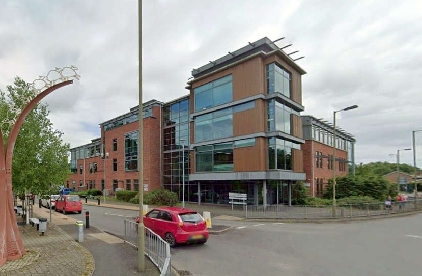 Social landlord plans staff cuts
Social landlord plans staff cuts
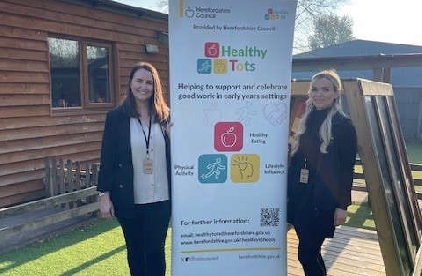 Lake View Nursery to receive a special award for supporting children's health
Lake View Nursery to receive a special award for supporting children's health
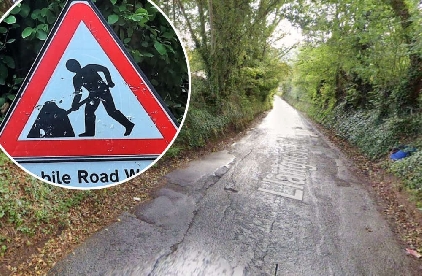 Herefordshire Council reveals six more roadworks closures
Herefordshire Council reveals six more roadworks closures
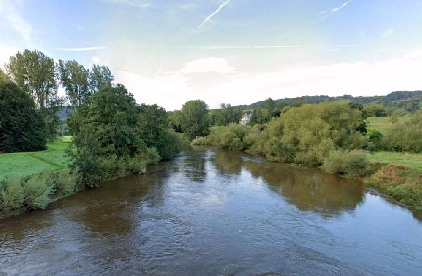 County’s top spots for sewage spills named
County’s top spots for sewage spills named
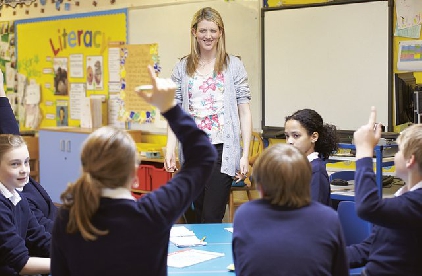 Herefordshire primary school places announced
Herefordshire primary school places announced
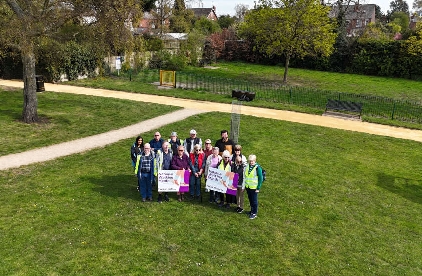 Get ready to walk this May and enjoy the 'Walk This May Challenge'
Get ready to walk this May and enjoy the 'Walk This May Challenge'
 New EV charging points planned for Hereford, Leominster and Kington
New EV charging points planned for Hereford, Leominster and Kington
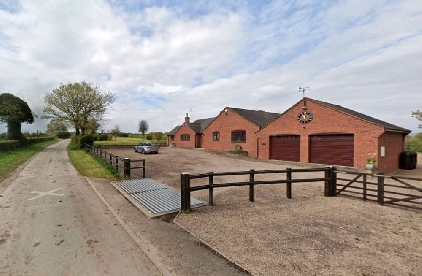 Non-farmers win fight to remove rule from house
Non-farmers win fight to remove rule from house

